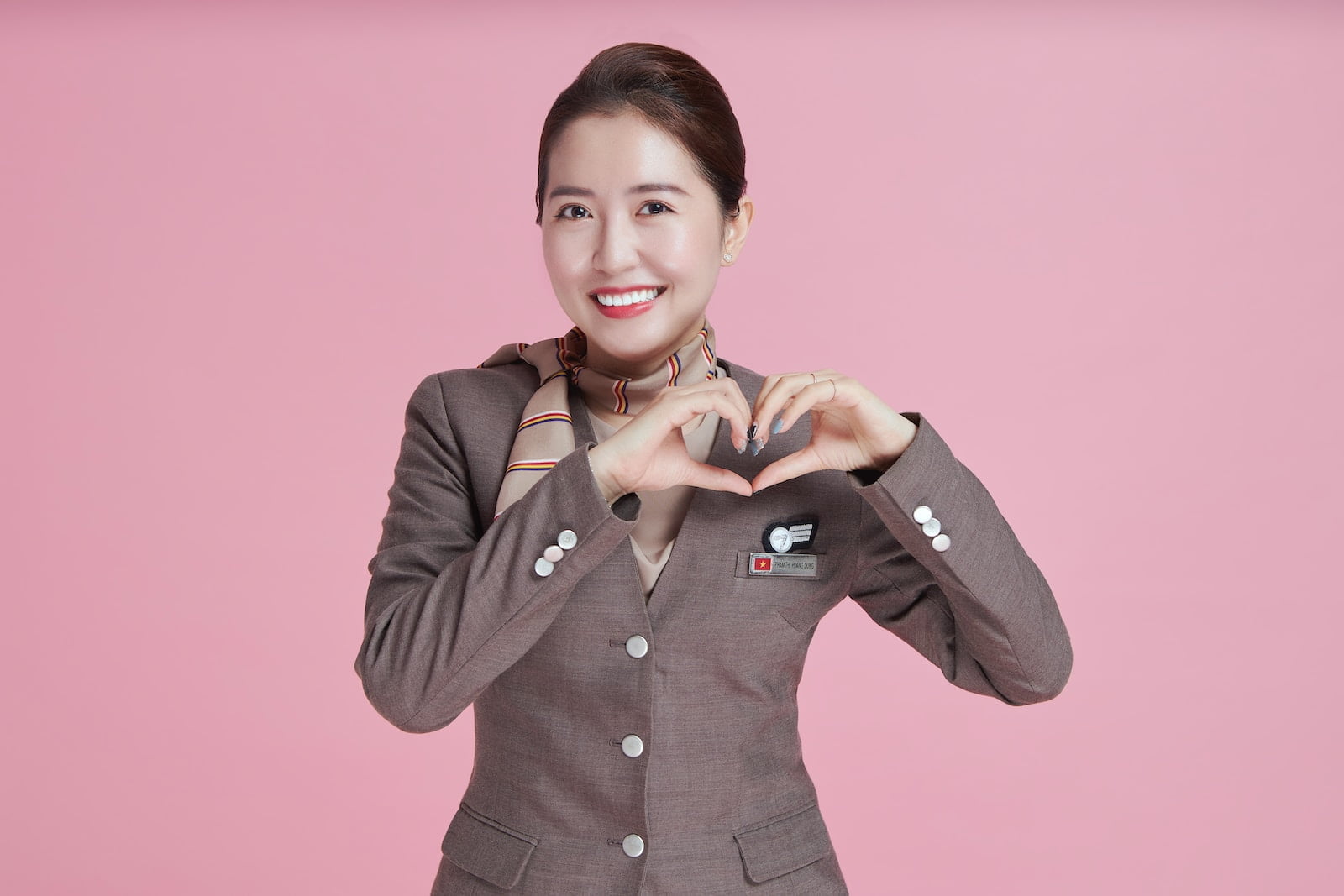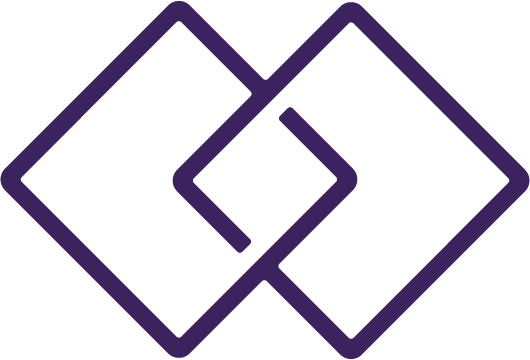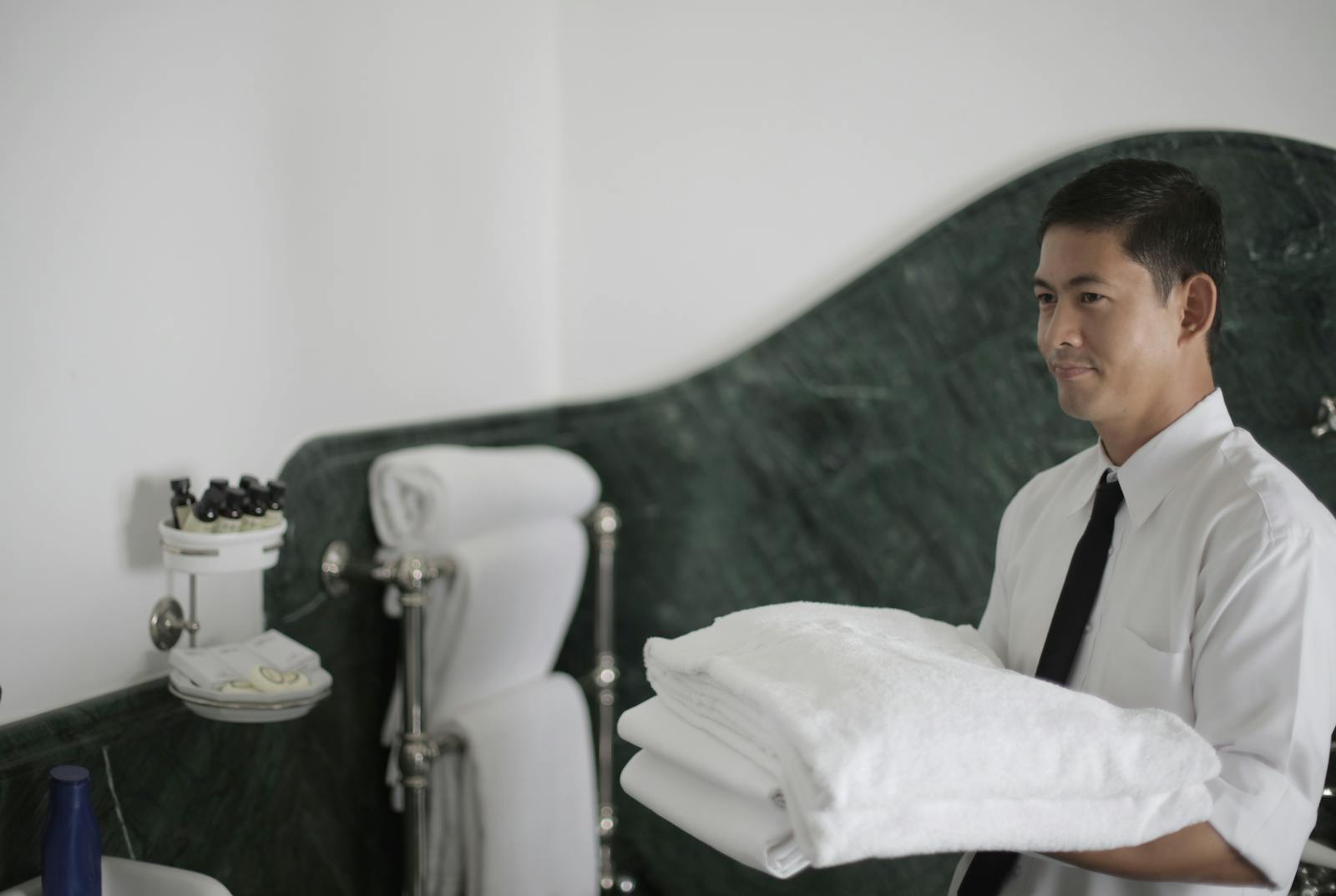
What You Need to Know about Private Flight Attendants?
Private flight attendants, also known as corporate flight attendants, are an integral part of the private aviation industry. They provide a high level of personalized service to passengers on private jets, ensuring their comfort, safety, and satisfaction. This article will delve into the world of private flight attendants, discussing their roles, qualifications, and the unique aspects of their job.
The Role of Private Flight Attendants
Private flight attendants have a multifaceted role that goes beyond the traditional duties of commercial flight attendants. Their responsibilities include:
- Ensuring passenger safety and comfort: This involves conducting safety demonstrations before takeoff, ensuring all safety protocols are adhered to, and promoting a comfortable atmosphere on the aircraft. This also includes addressing any concerns or issues passengers may have during the flight.Providing
- Personalized service to passengers: This involves understanding the needs and preferences of each passenger and delivering services accordingly. It could involve helping them with their luggage, assisting with seating arrangements, or addressing any special dietary or health needs.
- Preparing and serving gourmet meals: Flight attendants may also be responsible for preparing and serving meals during the flight. These meals are usually of high quality and cater to a variety of dietary preferences. This involves not just the actual serving of the meal, but also the presentation, ensuring it is visually appealing and complements the overall flight experience.
- Coordinating with pilots and ground staff: This is crucial for the smooth operation of the flight. The flight attendants need to be in constant communication with the pilots and ground staff to ensure that all necessary information is relayed accurately and timely. This includes updates on flight status, passenger issues, and any potential emergencies.
- Maintaining the cleanliness and orderliness of the aircraft: This involves ensuring that the cabin is clean and tidy before, during, and after the flight. This can include cleaning the seats, aisles, restrooms and other areas of the aircraft. It also involves ensuring that all supplies and equipment are in their proper places, and that the overall environment is conducive for a comfortable and pleasant flight experience.
Private flight attendants often work with high-profile clients, including business executives, celebrities, and dignitaries. As such, they must be able to provide a high level of discretion and professionalism at all times.
Qualifications and Training
Private flight attendants typically need to have a high school diploma or equivalent, although many employers prefer candidates with a bachelor’s degree or higher. They must also have a valid passport and be able to pass a background check and drug test.
In addition to these basic requirements, private flight attendants must also undergo rigorous training. This includes emergency procedures, first aid, and culinary skills. Many private flight attendants also receive training in etiquette and protocol to cater to their high-profile clientele.
- High school diploma or equivalent
- Bachelor’s degree or higher (preferred by many employers)
- Valid passport
- Ability to pass a background check
- Ability to pass a drug test
- Rigorous training in emergency procedures
- First aid training
- Culinary skills training
- Etiquette and protocol training (especially for high-profile clientele)
The Unique Aspects of Being a Private Flight Attendant
Being a private flight attendant comes with its own set of unique challenges and rewards. For instance, they often have to be on call 24/7 and be ready to fly at a moment’s notice. They also have to deal with the demands and expectations of their clients, which can be quite high.
On the other hand, private flight attendants get to travel to exotic locations, stay in luxury accommodations, and meet interesting people. They also typically earn a higher salary than their commercial counterparts. According to the Bureau of Labor Statistics, the median annual wage for flight attendants was $56,640 in May 2019, but private flight attendants can earn significantly more, especially when tips and bonuses are included.
Private flight attendants play a crucial role in the private aviation industry, providing a high level of personalized service to their clients. They need to have a wide range of skills, from safety procedures to gourmet cooking, and be able to handle the demands and expectations of their high-profile clientele. Despite the challenges, being a private flight attendant can be a rewarding career, offering opportunities for travel, high earning potential, and the chance to work with interesting people.



